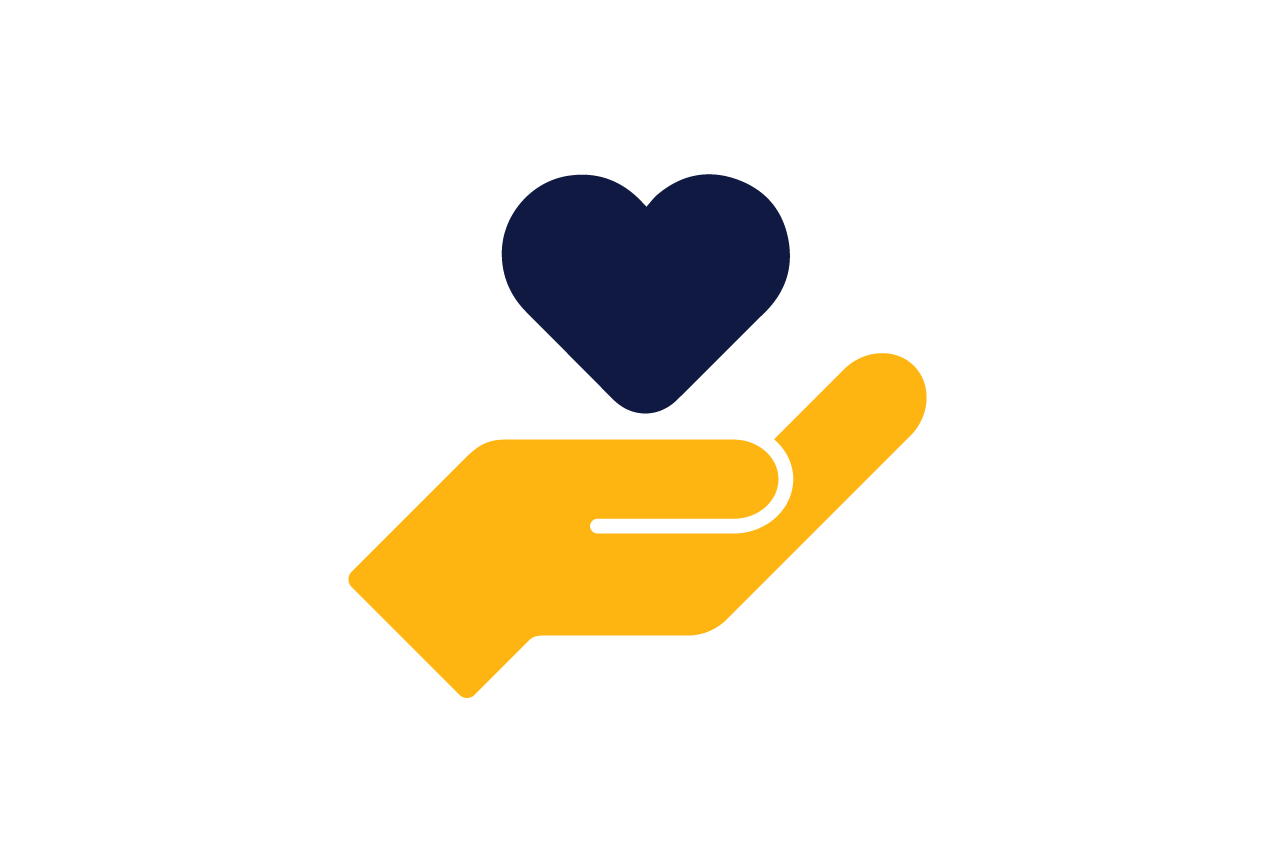When I was younger I remember thinking ‘when we leave school, we'll enter this utopia adult world where people would mature and a term like bullying wouldn’t be an issue.’ I quickly realised that playground behaviour wasn’t left where it was supposed to be, but continued into the adult world.
Since starting my career, I have observed that over time in conversations across my social circles, they’ve increasingly included examples of situations at work that they didn’t agree with and excluded others in some way.
Not being included in team socials, experiencing microaggressions in the workplace, petty office gossip getting in the way of enjoying work, and the worst one… a joke being passed off as banter. I’ve seen first-hand the effect that bullying, racism and discrimination has had within my network. What has made it worse for them is not knowing how to raise it at work, the fear of repercussions if they raised a concern or knowing that if they did raise it, nothing would be done about it.
banter and its effects
Over the past few months there has been a lot of attention on the word banter and what this means in the workplace. Banter sounds harmless, however it runs the risk of creating a damaging impact on the person who is receiving it. While the intention may be harmless with the impact it has, is it really harmless?
We all have different lived experiences, values and perceptions. What constitutes a joke or simple banter for one person, for another could have a hugely negative effect and be seen as exclusionary or disrespectful.
UK law states that no matter what the intention is behind the comment, it is the impact that matters. That doesn’t mean we have to tread on eggshells and watch our every move or second guess everything we say. It means that we should take a more considered approach to how we show up for work, and think about what we want to say before we say it.
leading from the front at randstad
At Randstad, we have been focussing our efforts on creating a culture of physiological safety. Over the past year, we have been educating our people on a number of topics to mitigate against discrimination in the workplace. We recognise that in the UK, we have a great sense of humour that runs on sarcasm, but that equally a joke can often be taken too far, be passed off as banter and the impact on an individual can be detrimental.
That is why on International Day to Stand Up Against Bullying we are launching a Respect at Work framework. We want to ensure that we are creating a respectful work environment, where people’s daily interactions are treated with respect, inclusion and our core values.
We hope that by launching this framework:
- We demonstrate a clear position to our people, that we have a zero tolerance for discrimination, racism or harassment in our workplaces.
- Through an all staff mandatory respect training our people understand what respect at work means, the difference between having fun at work and when a joke can go to far or passing it of as banter
- If in the circumstance that our people are experiencing non inclusive behaviours, they have a clear process on what to do and how to raise their concerns
- As a HR department, we are held accountable by our people to ensure we are providing the best possible support.
We never know what someone is going through and what their triggers might be, and we should always be kind. Standing up to bullying means being an upstander, not a bystander. Whether you are experiencing or witnessing someone experience an unkind action, it’s important to call someone in (not out), and create a community that will stand up to non-inclusive behaviour and bullying.
find out more
To find out more about how we promote inclusivity in the workplace and to access our I&W insights head over to https://www.randstad.co.uk/about-us/diversity-inclusion-wellbeing/belonging/
If you would like to join a company where you can bring your whole authentic self to work, click below to search our latest careers.

